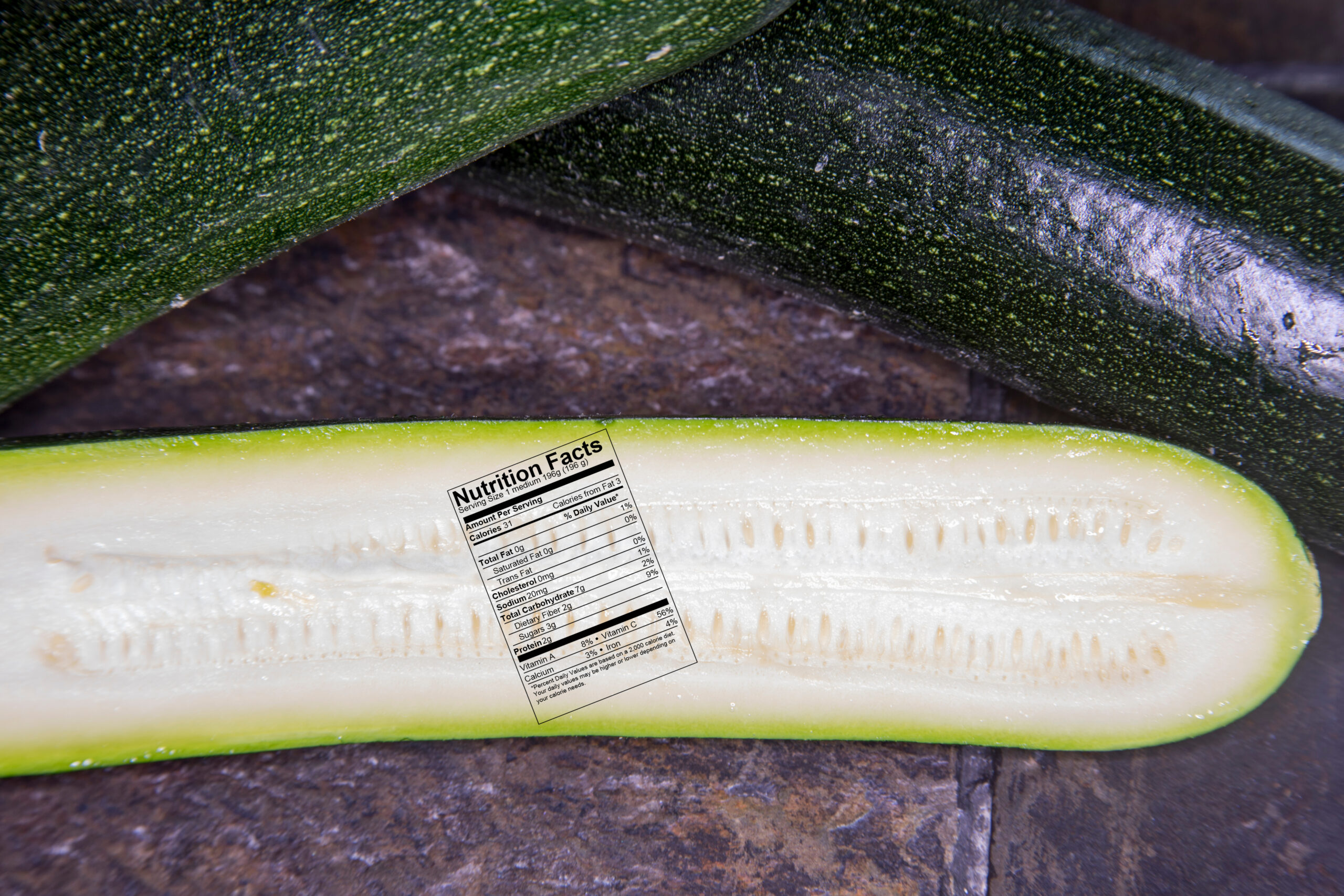The nutritional content of banana squash can vary slightly depending on factors such as size, ripeness, and specific variety. However, here is a general overview of the nutritional composition of banana squash per 100 grams:
- Calories: Approximately 27 calories
- Carbohydrates: Around 7 grams
- Dietary Fiber: Roughly 2 grams
- Protein: About 1 gram
- Fat: Less than 0.5 grams
- Vitamin A: Rich in vitamin A, providing about 19% of the recommended daily allowance (RDA). Vitamin A is essential for vision, immune function, and skin health.
- Vitamin C: Contains a moderate amount of vitamin C, contributing to around 17% of the RDA. Vitamin C is an antioxidant that supports the immune system and helps the body absorb iron.
- Potassium: A good source of potassium, offering approximately 11% of the RDA. Potassium is important for maintaining proper fluid balance, nerve function, and muscle contractions.
- Calcium: Contains a small amount of calcium, contributing to about 2% of the RDA. Calcium is crucial for bone health and various physiological processes.
- Iron: Provides a small amount of iron, contributing to about 2% of the RDA. Iron is essential for oxygen transport in the blood and overall energy metabolism.
- Magnesium: Contains a modest amount of magnesium, contributing to around 5% of the RDA. Magnesium is involved in muscle and nerve function, blood glucose control, and bone health.
Banana squash is a nutritious vegetable that can be a valuable addition to a well-balanced diet. It is low in calories and fat, high in dietary fiber, and offers a range of vitamins and minerals that contribute to overall health and well-being. Keep in mind that these values are approximate and can vary based on the specific type and preparation of the squash.


